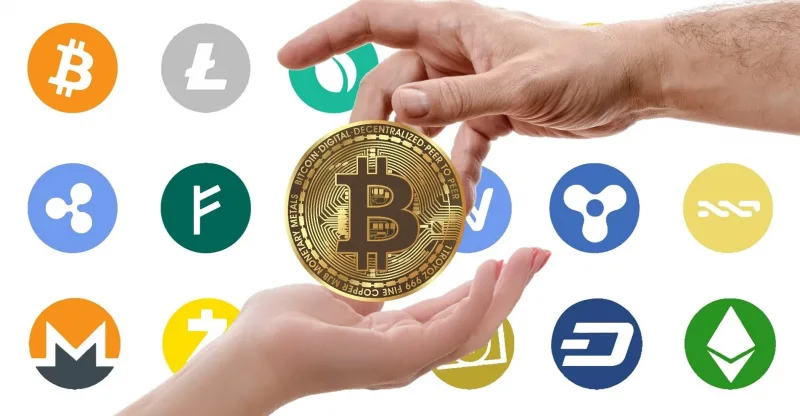So what’s the difference between coins vs tokens? Since the introduction of Decentralized Finance, there has been a classic confusion of its vocabulary. For instance, some people use the word token and coin interchangeably to mean the same thing. However, the two have different meanings and refer to separate assets.
To understand their meanings, this article will provide definitions and explain their differences in simple terms.
What is A Coin?


A coin is a cryptocurrency that has its own native blockchain such as Bitcoin, Lite coin or Ether. Simply, Bitcoin operates independently on a Bitcoin blockchain.
These types of assets can function independently without relying on any other blockchain. This means that coins in cryptocurrency allow you to complete transactions like payment as though you are using physical cash.
What is A Token?
Contrastingly, a token is a crypto-asset developed on an existing blockchain, and it operates on that blockchain. Tokens can be used in their niches as money but can also enable the access of some features in decentralized Applications (dApps).
The creation and facilitation of smart contracts has made Ethereum the most popular token platform. Other famous and commonly used tokens platforms include NEO, Waves and Lisk. Examples of tokens include ERC-20 from Ethereum and NEP-5 from NEO platforms.
Coin vs Token: The Differences
The best way to stay in the loop in the crypto world is to ensure that you understand and differentiate your assets. The basis of differentiating the two words is understanding how they are developed and their functions.
Some of the main differences between a coin and token include;
- All coins have an independent blockchain, while tokens are developed through smart contracts on an already existing blockchain platform such as Ethereum.
- Coins can be used to settle transactions such as paying gas fees on a blockchain. On the contrary, tokens cannot be used to settle transactions on the blockchain they are built on.
- Coins have money utility, while tokens have both money utility and use-cases in decentralized Applications (dApps).
Developers Choice – Should They Create a Coin Or Token?


Developing a coin requires the creation of a new blockchain, which takes a lot of time and resources. Additionally, new blockchains require miners to validate coin transactions and a large community for adoption. This might take a lot of time and resources for most developers making the process unsatisfying.
Because tokens are developed on an existing blockchain, they are simpler to create and require lesser resources. Even though it is not a beginner’s task, creating a smart contract token requires minimal technical ability.
However, the creation process of a token requires a developer to spend native coins to the blockchain they are creating a token on. For instance, if you create a token on Ethereum, you will need Ether to get miners to verify transactions.
Even so, developers are more likely to still create tokens rather than coins.
Do Not Confuse the Two: Coins Vs Tokens
The functions of a token and coin might overlap at times. However, the two words do have the same meanings. Coins are built on independent blockchains, while tokens do not have native blockchains. Due to the required resources to create coins, most developers opt to create tokens.





